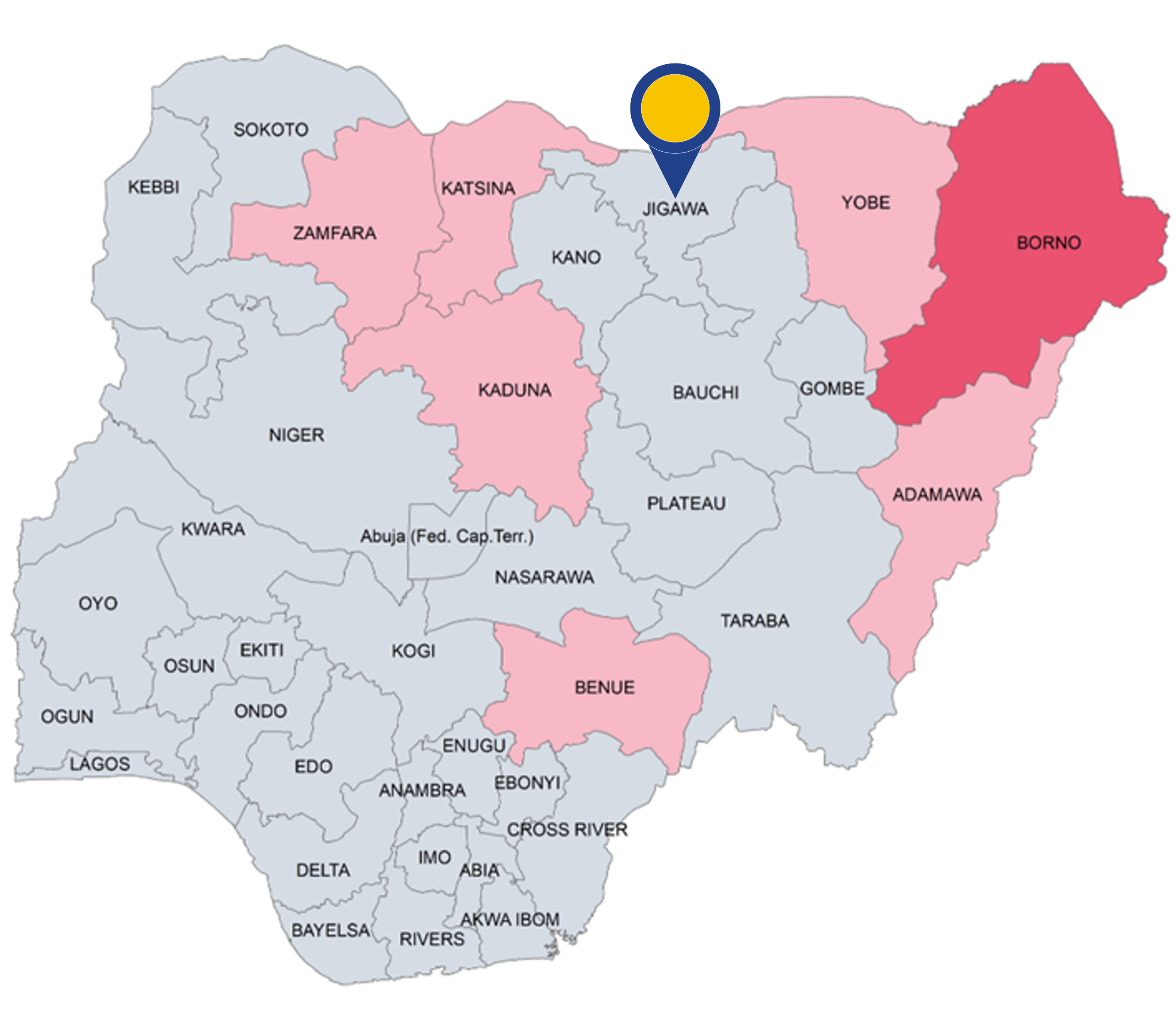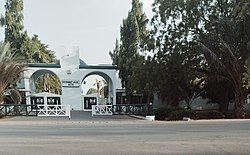Jigawa State
States Jan 03, 2025

Table of Contents
Introduction to Jigawa State, Nigeria
Jigawa State, located in the northwestern region of Nigeria, is one of the 36 states in the country. Established on August 27, 1991, it was carved out of Kano State during the military regime of General Ibrahim Babangida. Known for its rich cultural heritage and significant contributions to Nigeria’s history, Jigawa is a fascinating state with a unique blend of tradition, agriculture, and modern development.
Geography and Location

Jigawa State lies between latitudes 11°N and 13°N and longitudes 8°E and 10°35’E. It shares borders with Kano State to the west, Katsina State to the northwest, Bauchi State to the east, and Yobe State to the northeast. To the north, it also shares an international border with the Republic of Niger. The state covers an area of approximately 23,154 square kilometers, making it one of the larger states in Nigeria in terms of landmass.
Administrative Divisions
The state is divided into 27 Local Government Areas (LGAs), with Dutse serving as the capital city. Other major towns in Jigawa State include Hadejia, Gumel, Birnin Kudu, and Kazaure. Each LGA plays a crucial role in the administration and socio-economic development of the state.
Historical Significance

Jigawa State has a rich historical background that dates back to the pre-colonial era. It was part of the ancient Hausa Kingdoms and later the Sokoto Caliphate, which brought Islamic influence to the region. Historical cities like Hadejia and Gumel were important centers of trade and Islamic scholarship. The remnants of these historical influences can still be seen in the culture, architecture, and traditions of the people.
Culture and Traditions
The people of Jigawa State predominantly belong to the Hausa and Fulani ethnic groups. Hausa is the most widely spoken language, while Islam is the dominant religion. Traditional festivals and ceremonies, such as Durbar and Eid celebrations, are an integral part of the state’s cultural identity. Jigawa is also known for its vibrant handicrafts, including weaving, dyeing, and pottery.
Economy and Agriculture
Agriculture is the backbone of Jigawa State’s economy, employing the majority of its population. The fertile lands and favorable climate make it ideal for cultivating crops such as millet, sorghum, rice, maize, and groundnuts. The state is also a major producer of livestock, including cattle, sheep, and goats. Efforts are being made to modernize agricultural practices and attract investments to boost the state’s economic growth.
Tourist Attractions
Jigawa State is home to several tourist attractions that showcase its history and natural beauty. The Hadejia-Nguru Wetlands, a haven for migratory birds, is a popular destination for birdwatchers and nature enthusiasts. Other attractions include the Birnin Kudu Rock Paintings, an ancient archaeological site featuring prehistoric rock art, and the Emir’s Palace in Dutse, an architectural marvel that reflects the region’s royal heritage.
Education and Development
Education is a key priority for the state government. Jigawa has numerous primary and secondary schools, as well as tertiary institutions such as Jigawa State Polytechnic and Sule Lamido University. The government continues to invest in infrastructure and human capital development to improve the quality of education and create opportunities for its youth.
Conclusion
Jigawa State is a vibrant and historically rich region that embodies the cultural and economic diversity of Nigeria. From its ancient traditions to its modern aspirations, the state offers a unique blend of the past and the present. Whether you’re exploring its historical sites, experiencing its cultural festivals, or witnessing its agricultural prowess, Jigawa State is a destination worth discovering.
